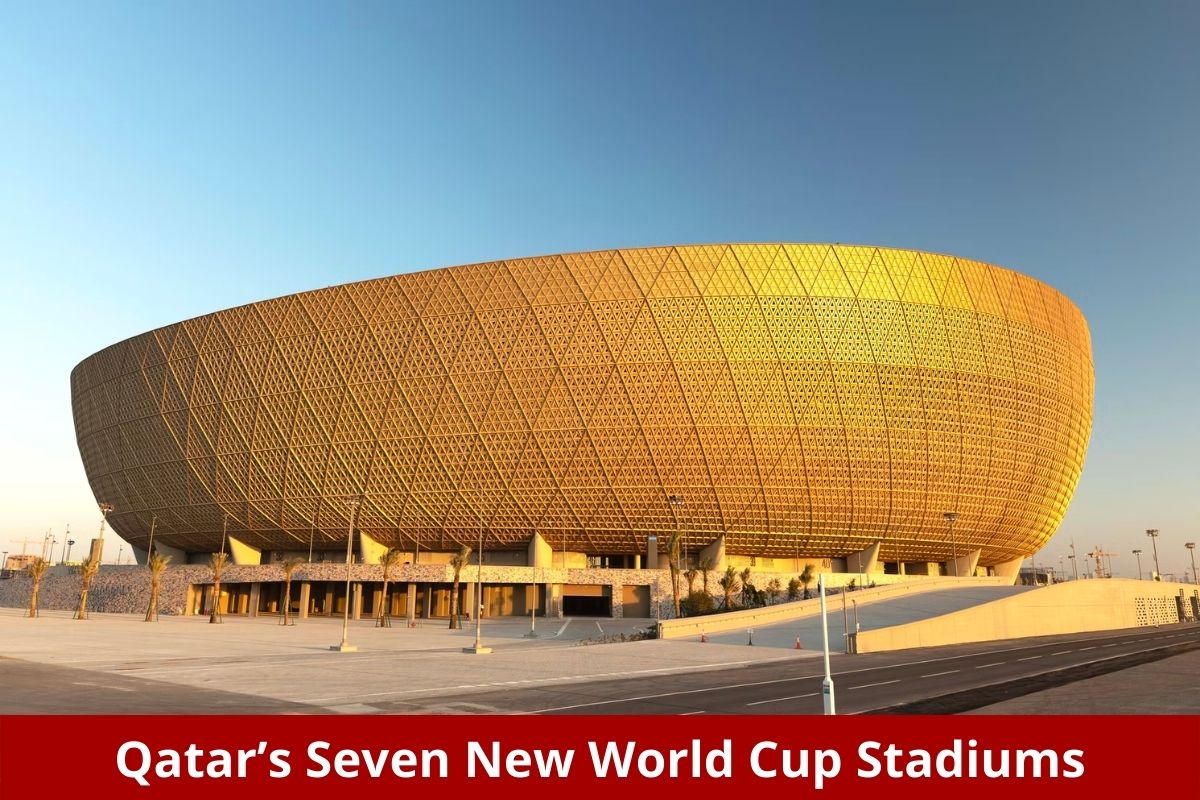When Qatar was awarded the winning bid for the 2022 World Cup back in 2010, few believed the small nation would be able to pull off the significant infrastructure challenges this posed. After all, the country’s national side had seldom delivered world-class football, and the desert country’s facilities seemed, at the time, unfit for such an enormous undertaking. However, with $220 billion invested, making it the most expensive World Cup in history, Qatar has proved the doubters wrong. They have built new roads, a new airport, a new metro system in Doha, and no less than 7 brand new stadiums to accommodate the coming matches in November. This is a staggering pace of development, though given that neighboring Dubai built 109 skyscrapers over approximately the same sort of time frame, it may not come as a surprise to those familiar with the region’s ambition.
A Record Breaker in All Respects
This year’s World Cup is projected to be the biggest in history. Not only is the nation of Qatar expecting around 1.2 million fans to travel to the Middle East to witness the tournament in person, but it has been predicted that around 5 billion people will be tuning in from around the world to watch. This is understandable, given that Russia 2018 drew in a, then record-breaking, 3.5 billion viewers, and the world is far more connected today than even 4 years ago.
Diverse regions and markets across the world, such as Vietnam, where around 2/3s of its population own a smartphone, will have greater ease of access to match broadcasts than ever before. This is also expected to be a boon for sports betting comparison platforms operating in the region, such as Asiabet.org. This provider is committed to serving up the best football betting sites (trang cá cược bóng đá) out there. Covering all tournaments from the Vietnam Cup to the English Premier League, alongside international competitions such as the World Cup, it will ensure football fans from the nation will be able to place wagers to back their favorites with a minimum of fuss. Like all reputable sports betting platforms, Asiabet aims to deliver secure and reliable service by vetting and ranking all the providers it works with, as well as striving to transfer savings to its patrons through furnishing them with promotions, discounts, and the best odds on the market. This picture will be a familiar sight to countries all around the world, as the coming World Cup looks set to break 2018’s record of $155 billion in bets placed across the run of the competition. FIFA itself, the sport’s governing body, looks on course to post a record-breaking $7 billion in revenue from broadcasting rights, merchandising, and sponsorships.
The New Stadia
All told, Qatar will be hosting games in 8 distinct stadia. Of those 8 only one, the Khalifa International Stadium, built in 1976, predates their winning bid – and this has undergone extensive renovations to bring it up to spec. The further 7 represent some of the most compelling, cutting edge, and innovative sporting venues anywhere in the world today.
These are Al Thumama Stadium, which, from the outside, is designed to resemble the traditional knitted cap known across the Middle East as the Ghafiya. The work of Ibrahim Al Jaidah, a local Qatari architect, has a capacity of 40,000 and is set to host 8 games.
Education City Stadium, also with a capacity of 40,000, is diamond-shaped and designed to reflect the sunlight in an attractive way. It will also host 8 games.
Ahmad Bin Ali Stadium, with a capacity of 40,000, will host 7 games and is designed to celebrate all aspects of Qatari culture with its richly patterned facade that calls to mind traditional textiles.
Arguably the most headline-grabbing, Stadium 974 (capacity 40,000, 7 games) is the world’s first stadium built entirely from 974 shipping containers and is sustainably designed in such a way that it can be disassembled in a low-impact fashion once the tournament concludes.
Al Bayt Stadium, a massive structure with a 60,000-person capacity, is designed to resemble Bedouin tents and features a retractable roof to boot. It will host 8 games, including the opening match.
Al Janoub Stadium, 40,000 capacity, is a sweeping structure designed to resemble the sails of traditional Arab trading vessels. It will host 7 matches.
Finally, the jewel in the crown, Lusail Stadium, with a phenomenal capacity of 80,000, will host the opening ceremonies, key matches, and the final itself. Its design evokes the subtle interplay of shadow associated with traditional lanterns and was the final stadium to be completed.
